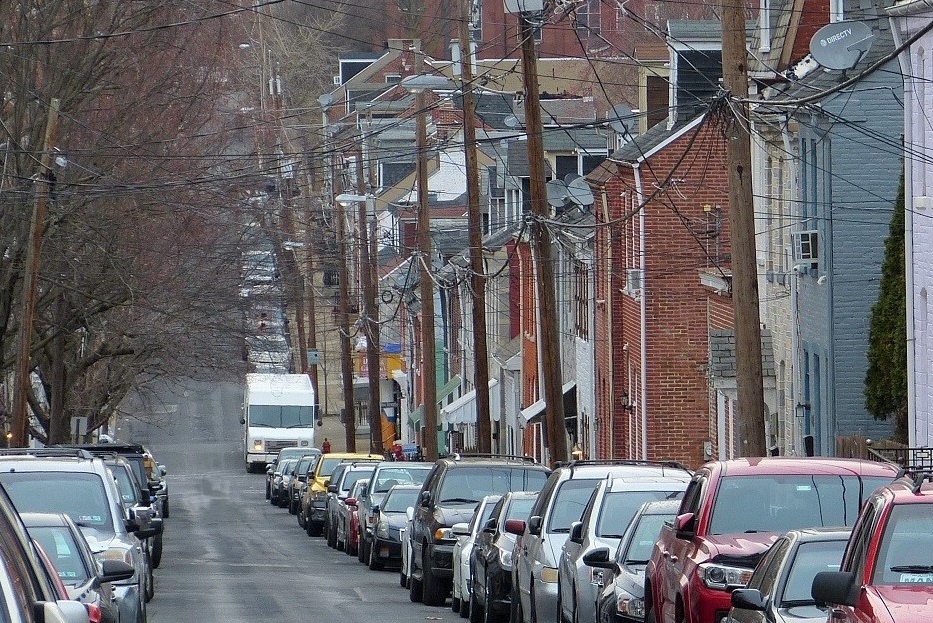Lancaster City Council is considering amending the city’s rental ordinance this month to streamline licensing and permitting procedures.
The revisions are part of a broader initiative to standardize the city’s inspections and educate landlords and renters, said Rebecca Geiser, deputy director of Community Planning and Economic Development, and James Nixon chief of CPED’s Bureau of Property Maintenance and Housing Inspections.
The goal is to apply the same criteria across the board, no matter where a property is located, Nixon and Geiser said. Accordingly, CPED has created a uniform inspection checklist and will provide inspection guides to landlords.
Currently, landlords must renew their rental licenses annually and pass a city inspection at least once every four years. Under the new rules, rental licenses would be valid for two years, beginning in 2023.
Inspections would be scheduled every two to six years, with the frequency depending on properties’ and landlords’ track records, Nixon said.
Widening the range of inspection frequency is intended to allow inspectors to focus on problem properties, while easing the burden on landlords with clean records. In 2021, Nixon’s bureau inspected 2,638 properties, of which 234 had 10 or more violations. Those are the ones that would be prioritized for reinspection on a two-year cycle, he said.
The exception would be Airbnb-style short-term rentals, where inspections would be annual. The city would also retain its authority to inspect in response to complaints.
City Council will introduce the ordinance at its Sept. 13 meeting, setting up a vote Sept. 27.
The legislation builds on revisions that City Council made earlier this year to Lancaster’s lead hazard ordinance. The city now requires lead-safe certification for all properties built before 1978, the year a nationwide lead paint ban went into effect. Lead inspections and certifications are conducted as part of the overall rental inspection process.
Previously, lead-safe certification was required only for pre-1978 properties rented to families with young children.
Inspections are a critical part of the city’s goal of ensuring housing quality and strong neighborhoods, Geiser said.
Still pending are proposed revisions to the city’s property maintenance ordinance, which CPED plans to bring before City Council before the end of the year, she said.






